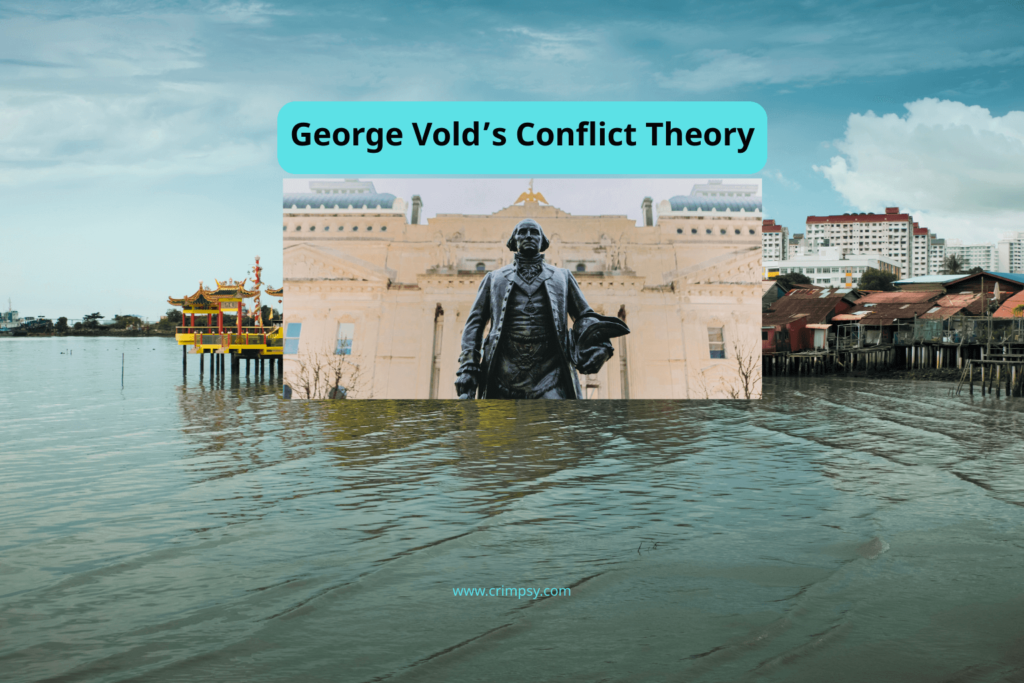Scientific Methods for Studying Crime
Crime has always represented one of the most complex and troubling phenomena facing human societies. From ancient civilizations to modern nation-states, communities have continuously sought to understand why individuals engage in behavior that violates social norms, disrupts public order, and threatens collective security. As societies evolved and crime took on…



